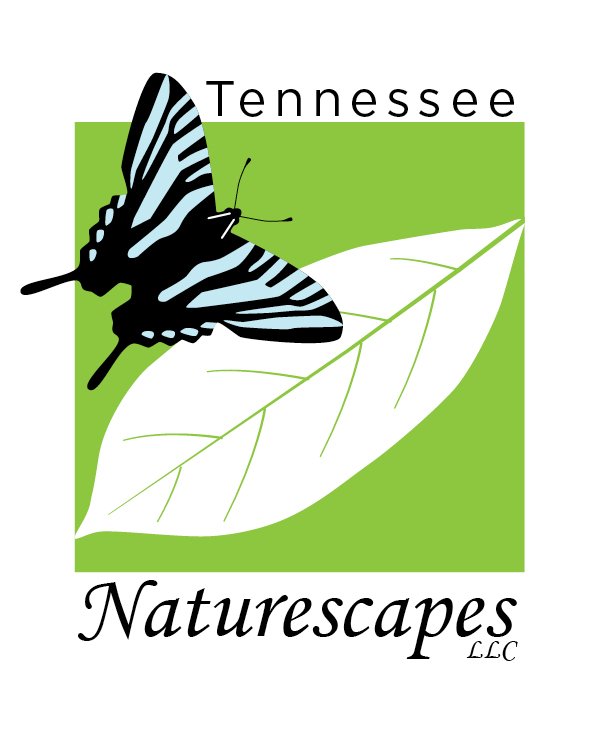
Frequently Asked Questions
Plant Questions
-
A plant is considered native if it has occurred naturally in a particular region, ecosystem, or habitat without human introduction. Exotic plants that evolved in other parts of the world or were cultivated by humans into forms that don't exist in nature do not support wildlife as well as native plants.
-
Native plants are more beneficial to the wildlife than their non-native versions. We’re living in a modern world where big areas of natural spaces have been destroyed, thus the native vegetation too. No vegetation means no food or shelter for wildlife. This should make us think about how we can help nature by providing food and shelter for wildlife in our own yards.
Some non-native plants exhibit invasive behaviors and get “loose” from our yards then they start taking over willy-nilly. Look here for more info. An "invasive species" is defined as a species that is Non-native (or alien) to the ecosystem under consideration; and, whose introduction causes or is likely to cause economic or environmental harm or harm to human health. (Executive Order 13112).
Plants have evolved along with their native wildlife and have their part in the local food chain. When moved to a new environment with different species and conditions, non-native plants can easily override native species that have their niche. Non-native plant do not have a niche in a new environment so they quickly create their own. Choking out which ever native gets in their way. There are no insects that have learned a flavor of their leaves or no diseases that would naturally keep the population under control. This means that non-native plants can grow and reproduce without much disturbance because they don’t have enemies.
Plants native to our area have walked hand in in had with our pollinators and other wildlife for longer than we know and during that time they have formed intricate and important relationships. There are insects that can only lay their eggs on specific plants (Monarch Butterfly and Milkweed), or only native plants can provide our native winterizing bees a stalk perfectly sized for their use.
-
1.They will bring nature back to your yard that might have been absent of natural life especially if you have lots of existing lawn.
2. No need to prepare the soil with lime or fertilizer. Once they plants get established in 1-3years they don’t need extra care.
3. The plants we grow are perennial. You save money by investing in perennials compared to annuals that only live for one season.
4. Native plants are so much fun! It’s a whole new chapter in your life (you’ve never thought about) when you realize how much good a native plant can do.
WEBSITE QUESTIONS
-
Tennessee Naturescapes is now using Izel Native Plants for online shopping. Shop at https://www.izelplants.com/tnn/all-plants/
-
We understand that a change usually comes with little rustiness. Let us know info(@)tennesseenaturescapes.com and we’ll try to fix it.
NURSERY QUESTIONS
-
Our Nursery is open from 10am-5pm Tuesday thru Saturday, March through mid-December. During our off season, we will accept visitors by appointment. Please email us at info@tennesseenaturescapes.com to schedule.
-
Yes. Please see the Evens & Sales page link on top.
FOR CONTRACTORS AND LANDSCAPERS - GROW CONTRACTS
-
Yes, Tennessee Naturescapes offers the ability to grow for your specific project needs - large or small. We can custom grow various species, sizes, and quantities of plants to meet your needs.
-
Advanced planning is essential to the success of your project, so please reach out to us so we can assure your plants will be ready when you need them. Projects that require site-collected seeds should be initiated one year in advance.
Please contact us at info@tennesseenaturescapes.com to begin discussion of your growing needs.
-
Yes, a deposit will be needed to begin custom growing for your project. This need would be discussed during your planning with us.

